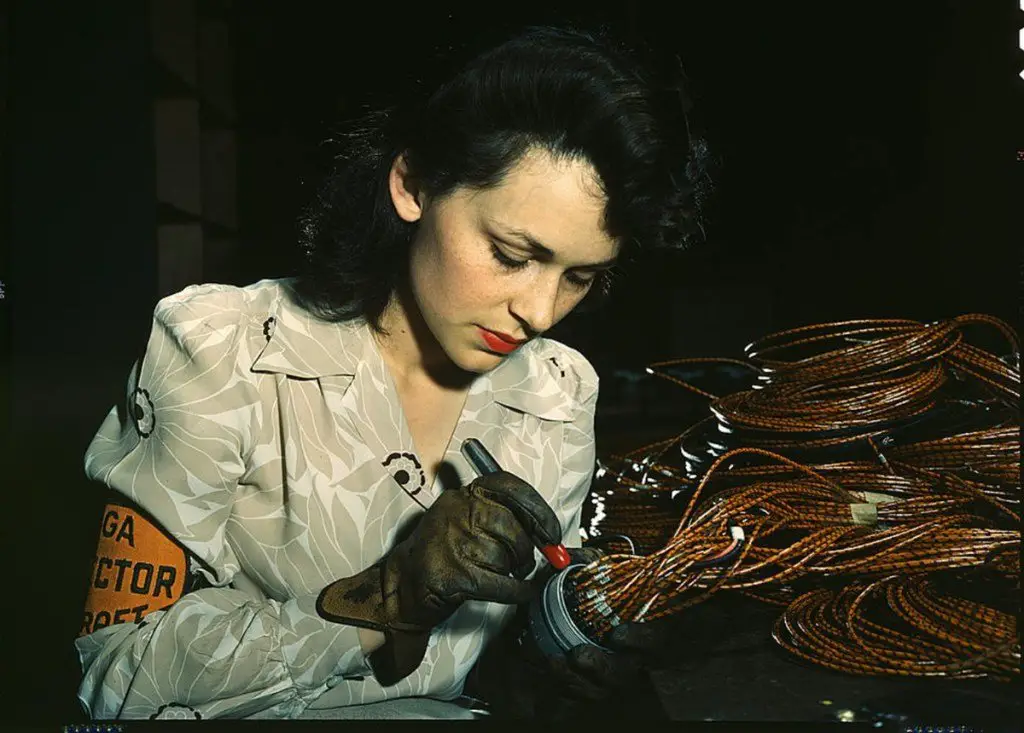Museums keep real-world images safe for posterity. But what about digital images? Filecoin Foundation is now committed to preserving cultural artifacts in digital form using its decentralized network technology.
The Filecoin Foundation (FF) today announced the addition of new cultural datasets from renowned organizations to the Filecoin network, including Smithsonian Institution, Flickr Foundation, Internet Archive and MIT Open Learning.
With over 500,000 culturally significant digital artifacts now protected on the network, Filecoin is redefining data retention at a time when the integrity, provenance and robustness of information are more important than ever, Filecoin said.
Modern innovation thrives on data; It is an essential building block for progress across industries, including artificial intelligence (AI). However, as data dependence increases, so do the risks of relying on centralized storage systems. Natural disasters, human errorAnd failures The company noted that this could jeopardize access to important information and potentially jeopardize the preservation of culture and history.
Decentralized networks like Filecoin are revolutionizing the way data is stored, verified and shared. Filecoin uses cryptographic proof to ensure data integrity and ensure that files remain intact and unchanged over time. Filecoin distributes data across a decentralized global network, ensuring that information remains accessible even if parts of the network go offline.
The new datasets uploaded to Filecoin encompass a rich range of cultural and educational resources, from some of the earliest audio recordings in history to a vast collection of photographs that capture the essence of human history. By leveraging a decentralized storage infrastructure, these organizations are ushering in a new era of digital preservation, ensuring invaluable resources are protected for future generations. New datasets on the network include:

The Smithsonian National Museum of American History is working to upload nearly 300 digitized audio recordings of Alexander Graham Bell to IPFS and Filecoin. Bell was famous for patenting the first practical telephone in 1876 and also pioneered sound recording.
Experimental recordings from his Volta Laboratory in Washington, DC from 1881 to 1889 are among the earliest recordings ever made. The surviving collection of approximately 300 records was considered unplayable until new technologies in the 21st century made it possible to listen to them.
The Flickr Foundation is making available the 1,000 most viewed images from Flickr Commons, a 17-year-old program focused on making photo collections from our cultural institutions more accessible to the public. Launched in 2008 with the Library of Congress, Flickr Commons now includes over two million images from 120 cultural institutions around the world. The Flickr Commons 1k collection includes photographs from the U.S. National Archives, NASA, the Library of Congress, and the George Eastman Museum.
Internet Archive will upload the end-of-term web archive to the Filecoin network in 2024 along with previous end-of-term crawl data. Since 2008, the End of Term Web Archive project has been collecting and storing U.S. government websites at the end of presidential elections. The project captures websites at three different points during the transition: pre-election, post-election, and post-inauguration. Internet Archive Canada will support the archiving of Canada’s federal government transition in 2025.

MIT Open Learning and OpenCourseWare (OCW) have uploaded select content to the Filecoin network, including basic courses such as Single variable calculation And Introduction to algorithmsand climate and sustainability issues such as Urban energy systems and policies And D-Lab Energyto meet the institution’s need for robust, tamper-proof archiving and alternative distribution channels.
Starling Lab recently launched a 22-petabyte Filecoin storage node at the University of Southern California (USC) Libraries. Among the first collections preserved are portions of the USC Shoah Foundation’s Visual History Archive, including testimonies from atrocity survivors; several photojournalism projects; and 3D/VR scans of historical sites. Starling Lab is an academic research center based at Stanford and USC that specializes in ensuring the integrity of historical, legal and journalistic archives.
These organizations collaborate Filecoin Foundation for the Decentralized Web (FFDW), the non-profit sister organization of the Filecoin Foundation, dedicated to advancing the decentralized web through education, research and development.
“Our mission is to preserve humanity’s most important information,” Marta Belcher, president and chairwoman of the Filecoin Foundation and FFDW, said in a statement. “We are excited to work with these institutions to ensure culturally significant datasets are preserved in perpetuity using robust decentralized storage systems.”

The Filecoin Foundation remains committed to its mission of preserving humanity’s most important information. These new datasets demonstrate the transformative potential of decentralized technologies in preserving and accessing critical information and address the growing importance of data integrity, provenance and longevity in today’s digital age.
Source link






